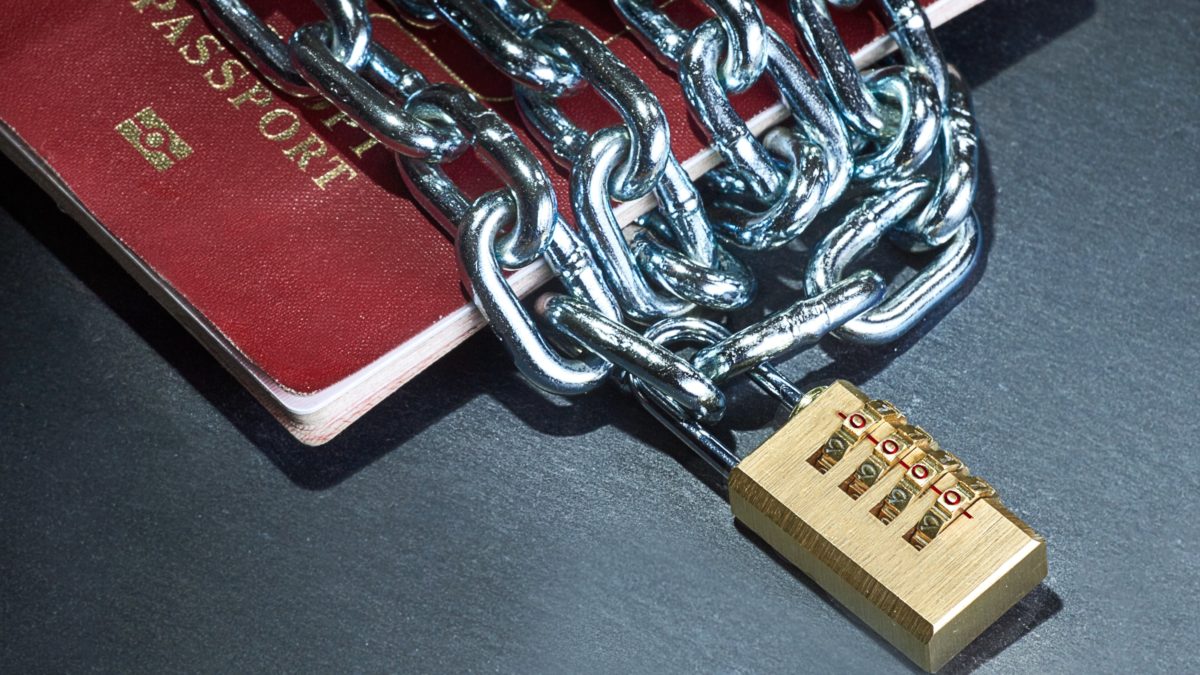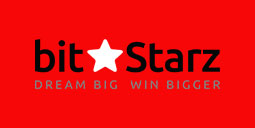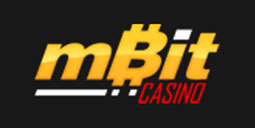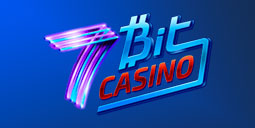OFAC's Bitcoin Blacklist Can Change Crypto
If OFAC is tracking transactions from listed addresses to other addresses and plans to add addresses of transferees, wouldn’t that imply that OFAC would have a record of addresses that it needs to bar, but not necessarily have the identity of the persons who use that speech?
Unlike cash deposits at a depository accounts, getting a crypto UTXO doesn’t commingle assets – each one can be split even if it resides at a wallet. Therefore, though a distinction could be made, it is unclear how a regulator would approach this debate.
There will probably be tools designed to find out that the “taint” of some specified UTXO and sellers that offer OFAC-compliant coin services.
Does this impact coin fungibility?
That is unclear. A direct transfer in the listed address would be detected, but it is not evident if the there is a duty to look further back for a transaction with a listed digital currency speech, or how far back any entity is required to look.
Passport in chains image via Shutterstock.
Anticipate an uptick in service, development, and usage of these tokens, and an uptick in their own use in their privacy-enabled manner.
Sure. Operators of digital currency addresses could squirt satoshis in any address they could find and essentially “taint” that the whole blockchain.
Taint by institution
Tumblers would probably produce “grey” tokens that would not be initially blacklisted, but ultimately would be labeled as tumbled and blacklisted when the authorities get the applications tools, resources and staffing to permit this level of detailed analysis and implementation.
This listing includes varying types of documents, such as in some instances only titles, but in other instances titles, addresses, aliases, etc..
Node operators arguably might have no duty, but miners can have a compliance responsibility, which might radically change confirmation and mining of new transactions.
In some cases, when a crypto program user accomplishes perfect hygiene, then yes. But most crypto users exchange security for advantage.
Are not digital currency addresses generally single-use? If this is the case, does this issue?
With only 1 paragraph, an agency of the U.S. authorities might have just radically altered the dynamics of the cryptocurrency ecosystem.
Can coins be permanently “marked” when they are transacted to or by a listed address?
What’s the duty of inquiry for OFAC-charged entities?
How do I make certain my coins are tidy?
If you appeal, anticipate a long talk with the ruler, and expect to give proof that you are not involved in anything illegal activity is connected with that listed person or entity.
There’s an appeal process available. By appealing you necessarily disclose your identity and contact information to OFAC, which will probably investigate your link to the listed individual.
It’s unclear, but the addition of a multisig wallet supplier’s digital currency address to the SDN list may influence all users of that custody supplier’s agency who move their funds to this service provider.
What about exchanges?
How probable is that a transaction is documented?
In case OFAC adds to the SDN record digital currency addresses of transferees from listed addresses and I receive a transaction from a listed digital currency speech, are all my assets connected with this digital currency address now tainted? What about another unspent transaction outputs (UTXOs) that didn’t come out of a listed digital currency speech?
Don’t count upon Twitter or even Reddit comments for legal counsel.
Financial institutions would be required to display any virtual currency address supplied for a transaction against a list to be offered by OFAC, and also to report, refuse service to, or block transactions involving any listed addresses.
This consists of numerous queries, a few of which we handle under:
Suppose that OFAC wants to improve its SDN record any new addresses that interact with listed addresses. Does that imply that when a listed public speech sends a transaction to someone else and receives change, the receiver address and change address can be added to the OFAC listing?
What about privacy-enabled coins like zcash or even monero?
Clients of that multisig pocket might discover that their funds could possibly be obstructed, and thus not able to be transacted through any bank. Keep in mind, business transactions with listed individuals and entities are illegal.
Nobody knows at this stage.
Kiss fungibility goodbye. Anticipate a premium onto recently collectible coins, or tracked “clean” coins on the market provided they come out of a “clean” miner.
It’s possible that the received coins would then be “tainted” as being linked back to a listed individual or entity, and that your identity and digital currency address may then be added to the OFAC list.

Joe Ciccolo is the president of BitAML, Inc., a compliance service provider. Andrew Hinkes is an adjunct professor in the NYU Stern School of Business and NYU School of Law.
What if an electronic currency address is related to a blacklisted person?
If OFAC uses blockchain tracing applications to spot the counterparty to transactions with listed digital currency addresses, it can add the addresses of those counterparties to the SDN list.
What about tumblers and mixers?
Nodes, miners and Lightning
The chief in blockchain news, CoinDesk is a media outlet that strives for the greatest journalistic standards and abides by a strict group of editorial policies.
The Office of Foreign Asset Control (OFAC) announced on March 19 that it was considering adding digital currency addresses connected with its own list of entities and persons with whom U.S. persons and companies are prohibited to run business.
OFAC is run by the Department of Treasury, which currently maintains and upgrades the SDN list. It seems that the current SDN record will be updated to add addresses connected with individuals and entities already listed by OFAC, which OFAC is encouraging others to offer additional information to connect addresses with listed individuals and entities.
We’ll quickly know what OFAC plans to perform, since it frequently upgrades its SDN record with new data, and rapid-fire upgrades to add new addresses will be obvious.
Probably. In a feeling, it is always tricky to entirely map identity to a certain speech, since the assets connected with a public key address can be used by anybody with a private key for this public key address, and possession can change with no information relating to this possession change being mirrored on the computer system.
This guide is not intended to provide, and shouldn’t be taken as, legal advice.
It’s unclear regarding if OFAC plans to add new addresses that send or receive jewels to or from public important addresses, but it is apparent that any transaction with an illicit actor who’s listed on the SDN list is illegal and can lead to penalties.
This may make a bifurcation in price between that which was otherwise a clean advantage, and a “filthy” coin that has passed via a listed address.
In case Lightning Network is deemed to be a money converter, Lightning Network node operators might need to comply and refuse or block transactions involving listed addresses.
However, this may hasten the shift of trading volume to decentralized trades or overseas trades, whose participants would hazard listing or trading in pain of authorities by the U.S. government.
Who decides what addresses have been added to the SDN list?
This may quickly multiply the number of addresses over the SDN list and will probably include addresses for both individuals and entities that aren’t currently there.
The agency’s FAQ also promotes reporting of addresses related to listed individuals, which suggests that they intend to supplement the SDN set on an ongoing basis.
Probably, although it is unclear as to how much of its own resources that the Department of Treasury plans to devote to reading the blockchain and updating the SDN list. It might call for full-time staffing or dedicated applications to track this, and also the record of barred addresses would grow extremely quickly.
Data suggests that financial institutions have been expected to identify parties that are majority-owned by listed individuals and entities. Howeverthe identification of the present user of any digital currency address may be difficult.
Perhaps (we know, complete cop-out).
After listing addresses and implementing proper tracking applications, OFAC might discover that all addresses are either just two or three transactions from a listed address, and also the application gets essentially useless.
A transaction ought to be reported if it passes through or has been revealed to an entity that has an obligation to check for OFAC compliance, which doesn’t typically include retailers, or even non-financial entities. This usually means that de minimis transactions will likely fall through the cracks, but large ones will be captured.
I conduct a [fit crypto company here] and I am concerned. What if I do?
This might also kick a cat-and-mouse match between OFAC and illicit actors. Can OFAC update its record as fast as illicit actors can move their capital to new digital currency addresses?
Can this backfire? What is the doomsday situation?
Are node operators or even miners necessary to display out transactions from blacklisted addresses?
Mapping between user and public key address might be more ephemeral than authorities anticipate, which might frustrate the exercise.
This would be an illustration of policy and law straight intersecting with code and governance of these systems, and would bring up lots of fun issues that law professors like to put in final assessments.
Under this hypothetical, it looks as though it, unless OFAC differentiates between UTXO’s based upon sending speech, which is unlikely.
Mining pools might want to kick out any listed addresses engaging in their mining pools for fear of pool-wide conspiracy or liability for aiding and abetting. Miners might be obligated not to confirm to block, transactions involving listed addresses, which runs counter to mining.
Transactions using tumbled or blended coins will likely be reported on suspicious activity reports, anyhow.
Exchanges would undoubtedly be required to comply, which would shut off liquidity at the U.S. for respecting addresses.
What happens in the event that you receive a transaction from a listed digital currency address?
We might even find a trifurcation, as “grey” tumbled or blended coins live somewhere in the middle.
In a new section of its site, branded “Questions regarding Virtual Currency,” OFAC noted that it “may add digital currency addresses to the SDN List to alarm the public of certain digital currency identifiers related to a blocked person.”
How can this effect the Lightning Network?
Get a skilled lawyer or compliance adviser who understands banking law and also understands crypto systems and pay that lawyer or adviser for real information.
What to do today
What if an electronic currency address listed is an address used by an third-party provider, (i.e. a multisig wallet provider or a custodial exchange)?
Again, it is dependent on the amount of assets that OFAC devotes for this undertaking, and what applications they use.
OFAC's Bitcoin Blacklist Can Change Crypto - June 2025
EXPERTLY REVIEWED
MOBILE FRIENDLY
FAST PAYOUTS
- CasinoRatingBonusVisit Casino
Get your 100% Match Bonus up to $1000!
200% match bonus up to 2000
Up to 5 BTC
Get up to 1 BTC on First Deposit!
Get your 5 BTC Welcome Bonus
Bitcoin Current Price
Top Rated
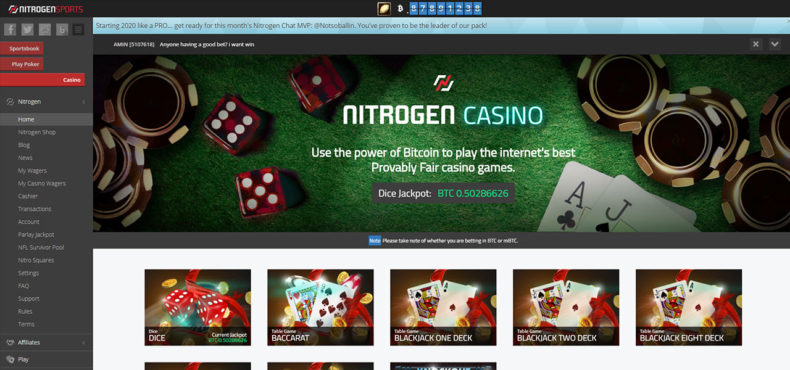
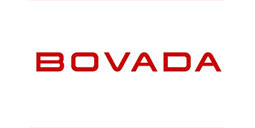

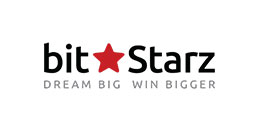
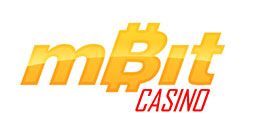
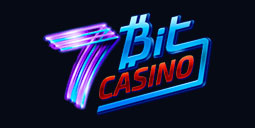
Search
Casino List
- 7bit Casino
- Bovada Casino
- Bitstarz Casino
- Ignition Casino
- Sun Palace Casino
- Aladdin's Gold Casino
- Casumo Casino
- Lucky Red Casino
- Fortunejack Casino
- Mbit Casino
- Mars Casino
- Club World Casinos
- Slotocash Casino
- Drake Casino
- Grand Fortune Casino
- High Noon Casino
- Royal Ace Casino
- Cafe Casino
- Raging Bull Slots
- Oshi Casino
- Betchain Casino
- Casino Extreme
- Vegas Casino.io
- Bitcoin Penguin Casino
- Joe Fortune Casino

